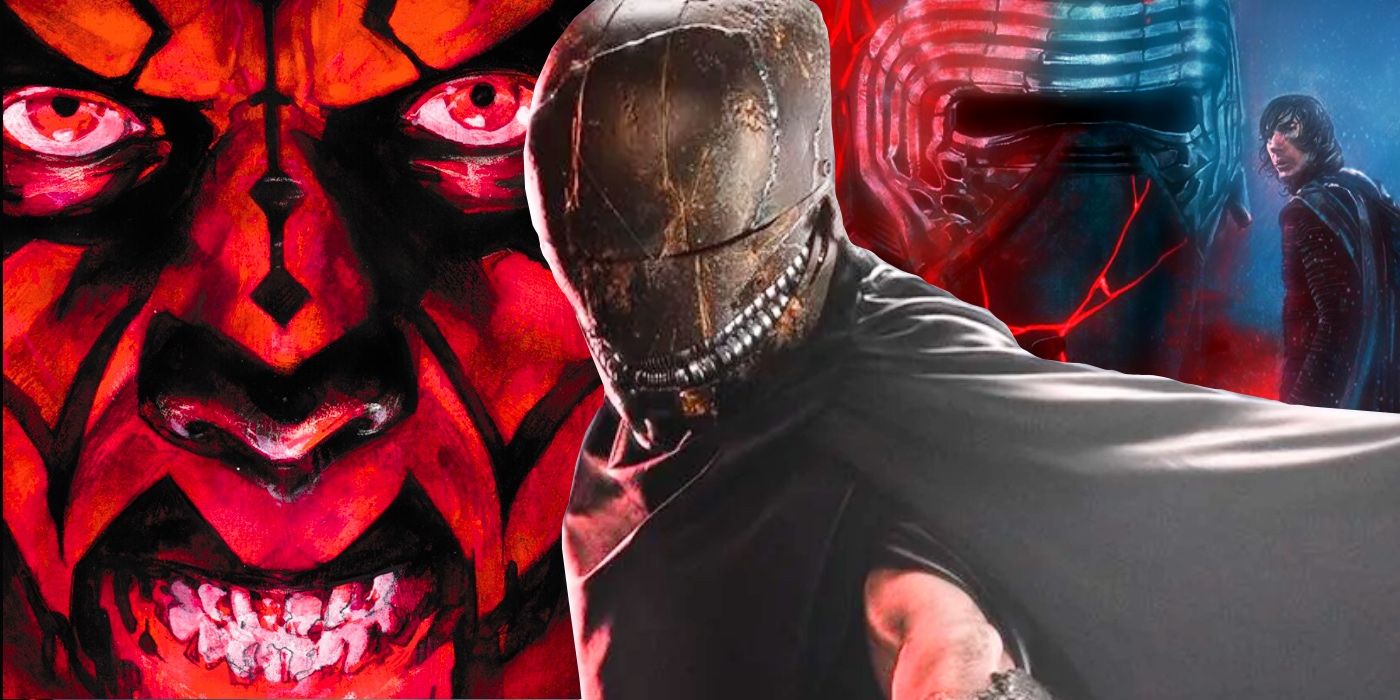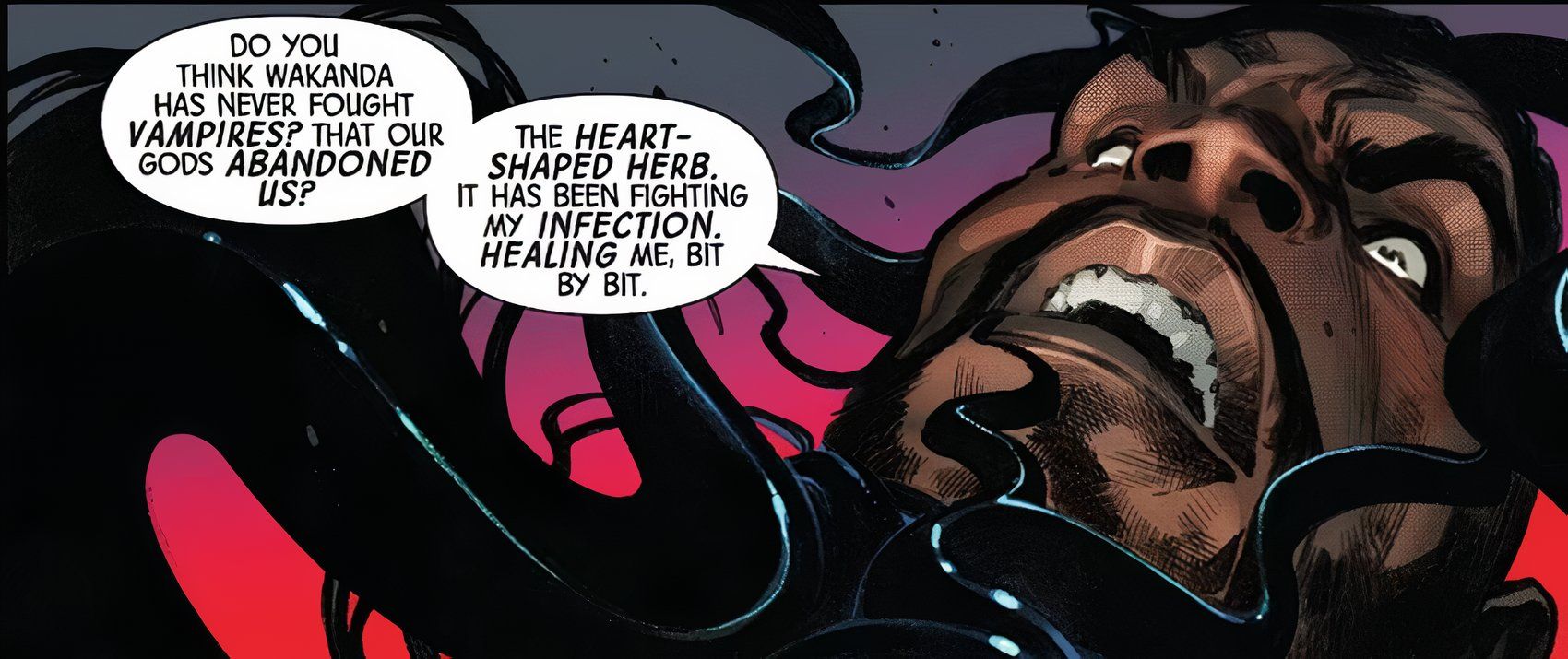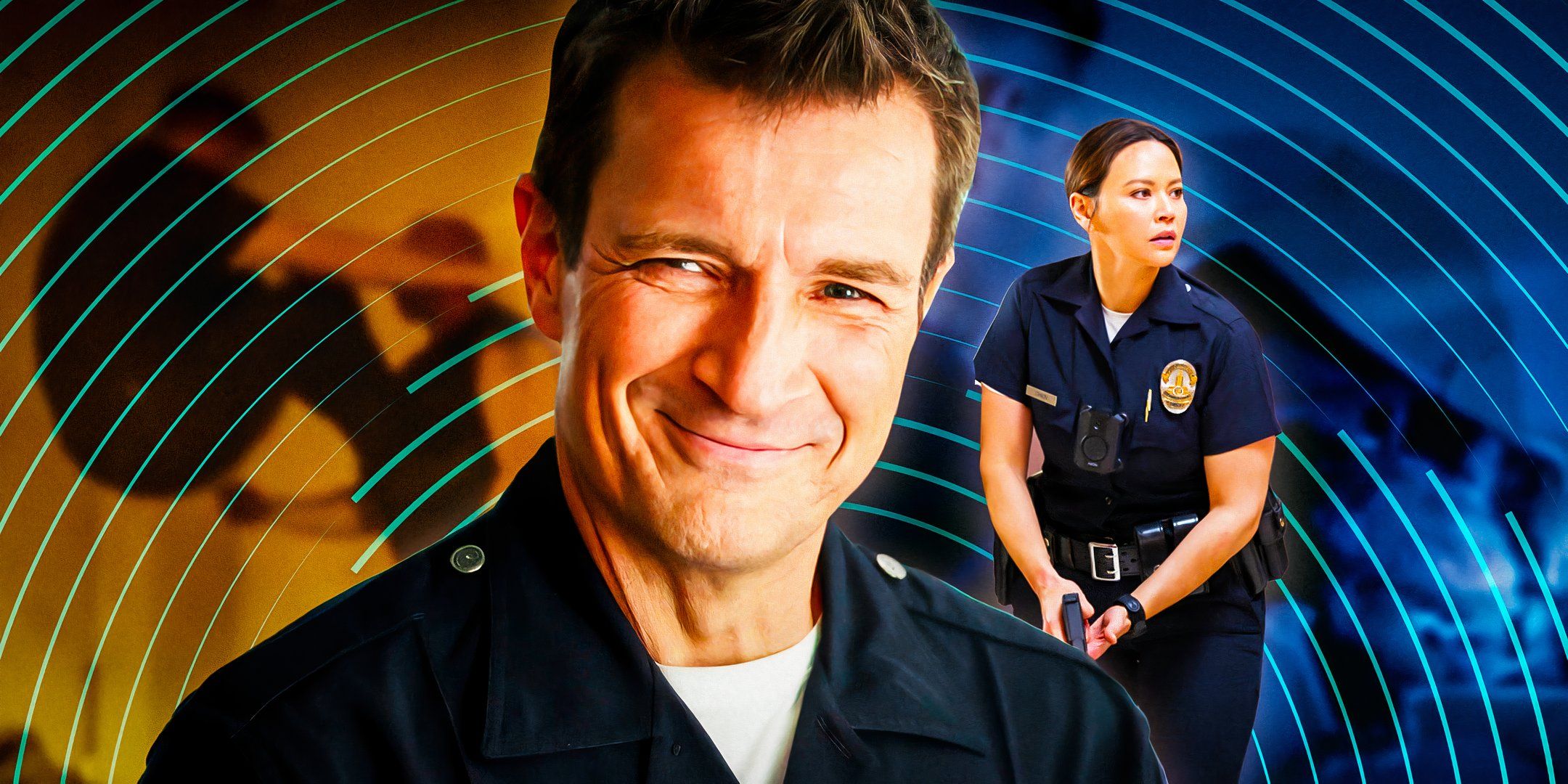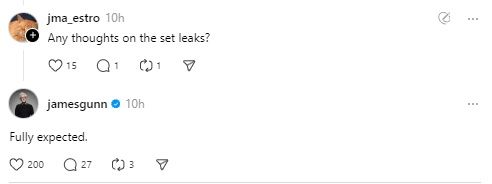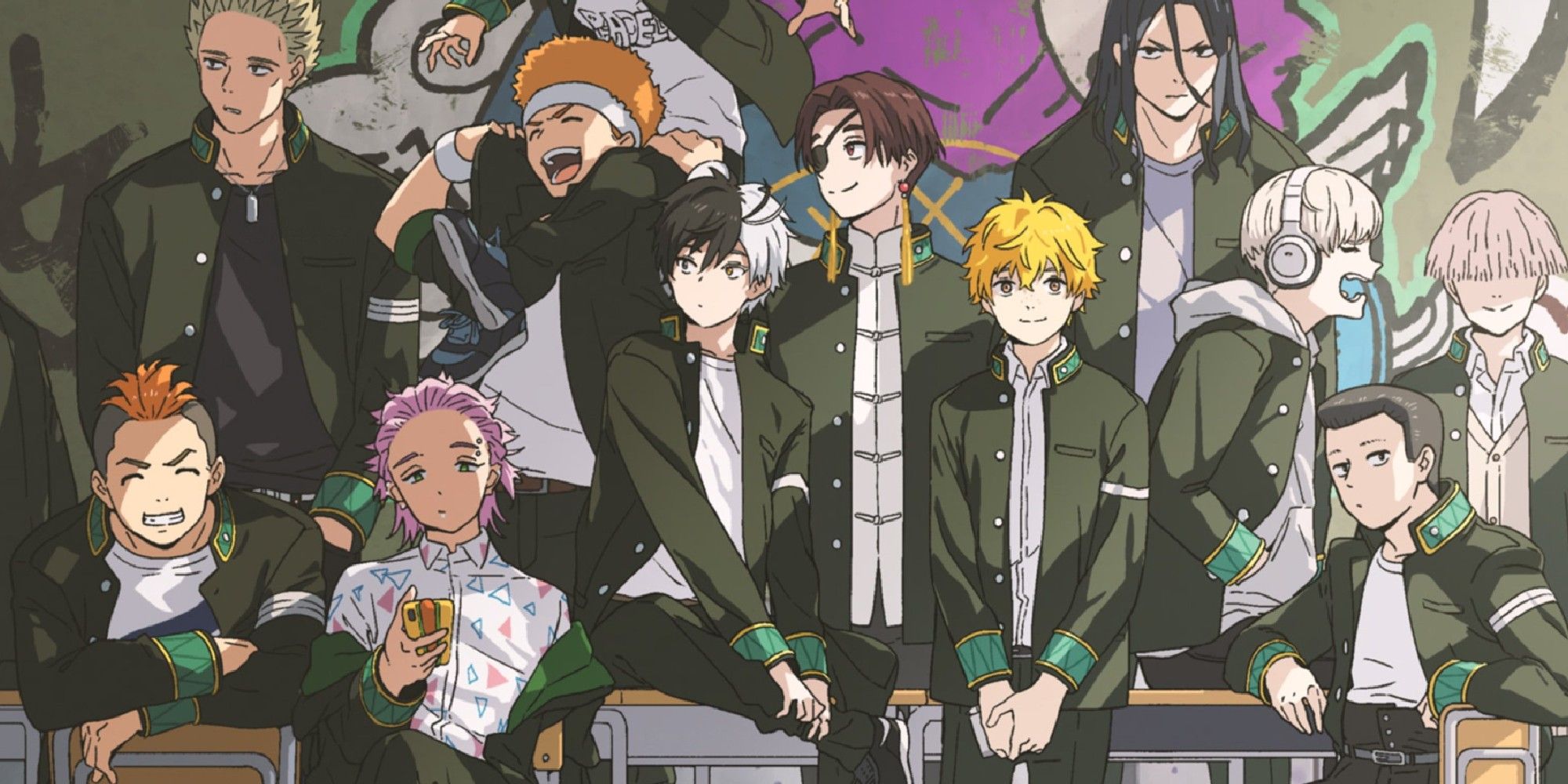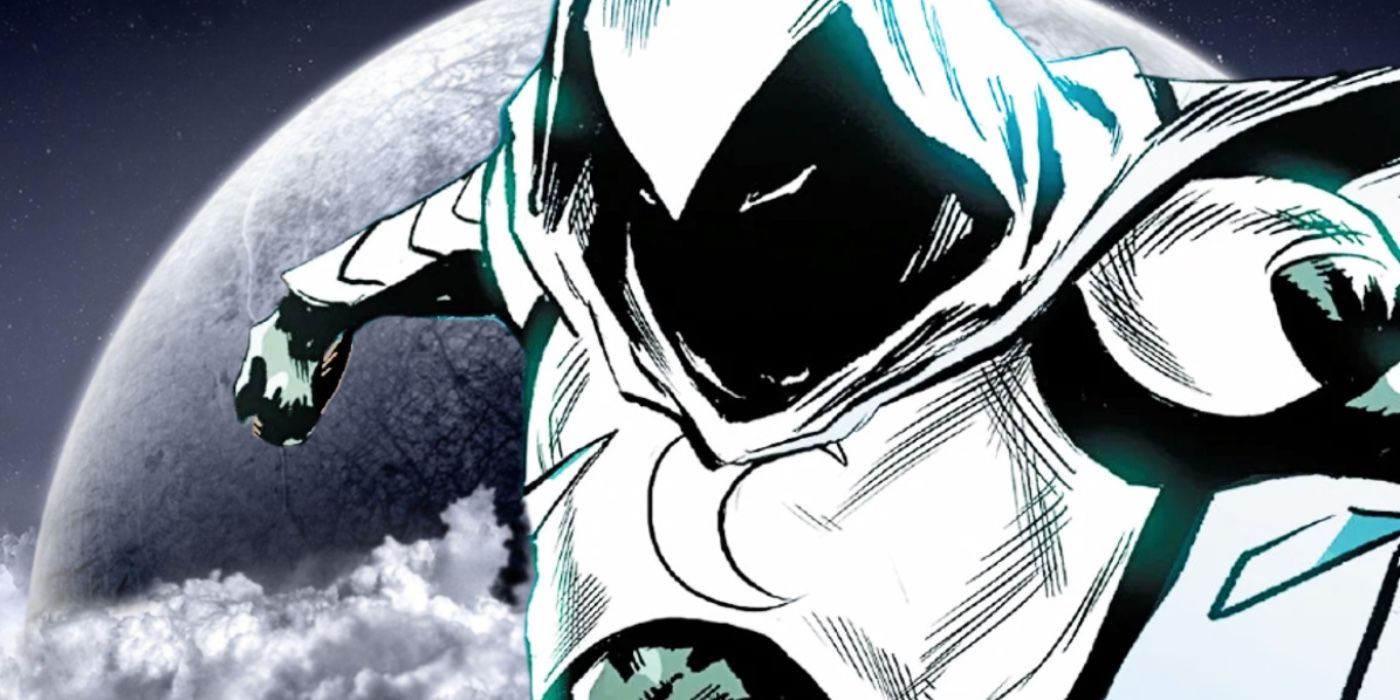The latest original series from Amazon Prime is Hanna, based on the 2011 Joe Wright film. Screenwriter David Farr is taking his original ideas for the film and developing them into a whole new version of the original tale. With an all new cast and a more grounded aesthetic, Hanna aims to offer a new experience for fans of the original film while greatly expanding the scope of the story.
At a recent press day for the series, Screen Rant spoke with creator and writer David Farr and star Esme Creed Miles, who plays the title character. Esme Creed Miles talks about how she was cast and the effort she makes to avoiding copying the film, while David Farr shares his favorite moment in the show, taking this version in its own direction, and giving writing duties to Anna Ingeborg Topsoe for episode five.
Related: Mireille Enos and Joel Kinnaman Interview
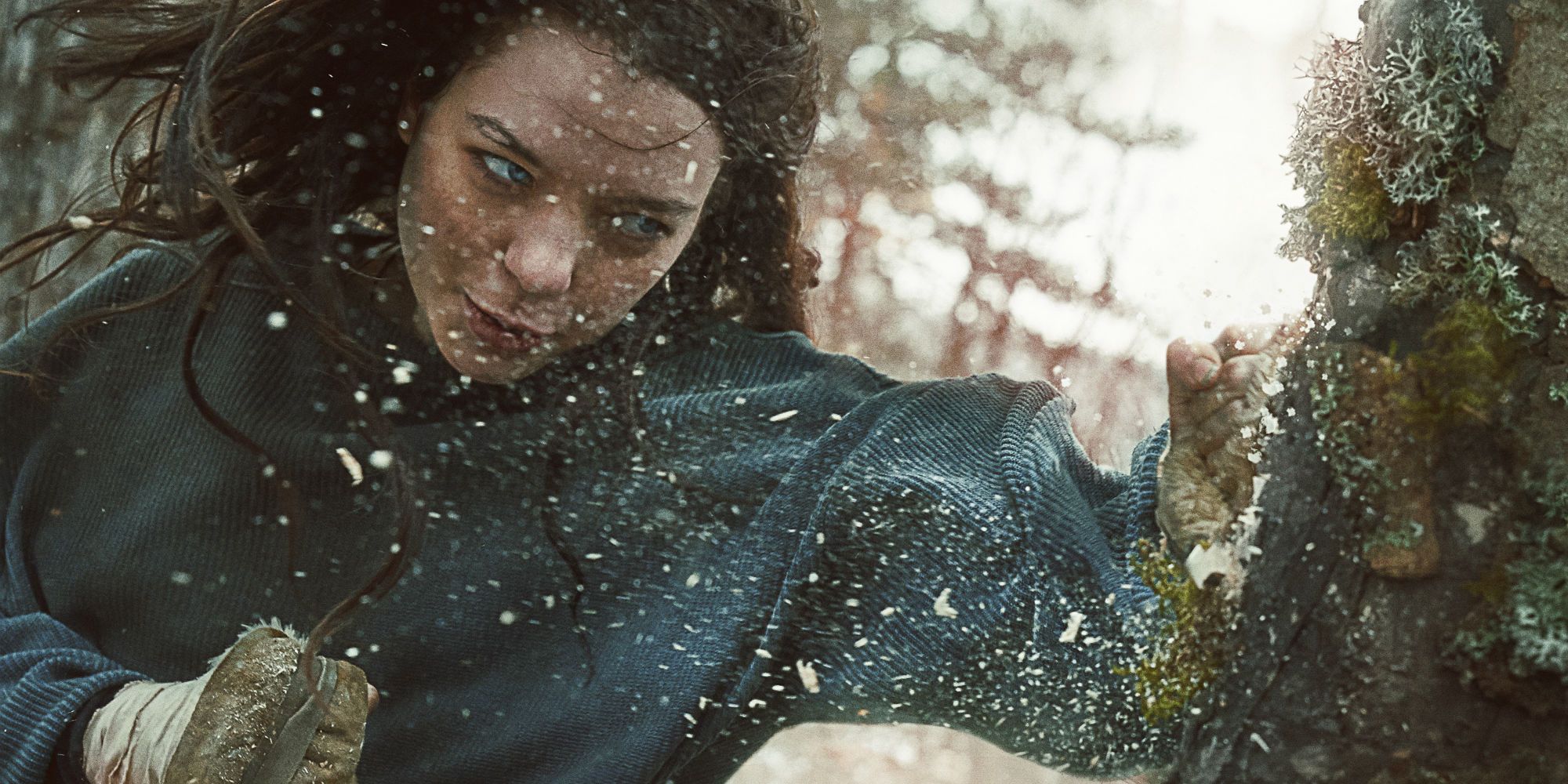
I love this show!
David Farr: Great!
Esme Creed Miles: Sick!
You’ve probably been asked this a million times and will be asked a million more by the end of the day, but when did the idea first come to expand this story?
David Farr: It goes back to the film. The film was taken from my screenplay, then Joe Wright, everybody knows Joe’s work, he’s a very visual, hugely brilliant director. He went off in a very particular direction, with a big fairy tale version of it, quite heightened, quite extreme. And, in the process, I remember he called me and he said, “I’m not going to quite do the ending or where it goes, I’m going to do it slightly differently,” which was cool by me. I mean, that’s what film is, it’s a director’s medium. But it left, in a way, a wonderful possibility in my head about that. The whole political thriller element of who is she? Where did she really come from? What actually happened in the past? What’s the secret? That story had been sitting there, and I was thinking, I hadn’t really told that as fully as I could have. So then, it became clear that NBC, they own the property and the rights, there was a possibility they’d be interested, with this New Golden Age of TV, to kind of look at that. And those two things just chimed together and we decided to do it. The two things that came out were a much stronger political thriller element about the truth of this young woman’s identity, and then, I think, for me, the bit that I loved, to be honest, is the coming-of-age element that I think is stronger in the television series because you have more time to tell it. This idea of a young woman brought up in the forest who suddenly goes out into the world and has to discover and encounter it properly for the first time, kind of like any teenager, just way more extreme.
At what point in the process of developing the show did Esme’s name come up?
David Farr: Well, we got to the point where we were making the show, and…
Esme Creed Miles: I just sent my tape! I love this idea that it’s, like, “ooh, Esme!” But no, that’s not how it works!
David Farr: We needed to find our Hanna, and it was the thing I was most nervous about, I’ll be honest about that. Saoirse is amazing in the film, very ethereal, very specific. I knew for sure that I wanted something very different, but… You can say “we want this,” but it’s nonsense. Until you see someone… It’s backwards. You see the thing, and you go, “that’s it.” Esme did her self-tape in Bethnal Green… Was it in Bethnal Green, your flat? Somewhere in London, anyway.
Esme Creed Miles: Hackney! You keep saying Bethnal Green and I haven’t corrected you yet, it’s fine.
David Farr: Hackney. For those who don’t know, Hackney is just next to Bethnal Green.
Esme Cred Miles: (laughs)
David Farr: And she sent it in, and it was amazing. It was just this wonderful, truthful rendition of the character. Very instinctive. We looked at hundreds of people, from Sweden and Germany and all sorts, because we were thinking about the accent, but Esme has no problem with accents, so that was alright. And it was the biggest moment where we all let out a sigh of relief when we said, “yeah, we’re gonna be okay now.”
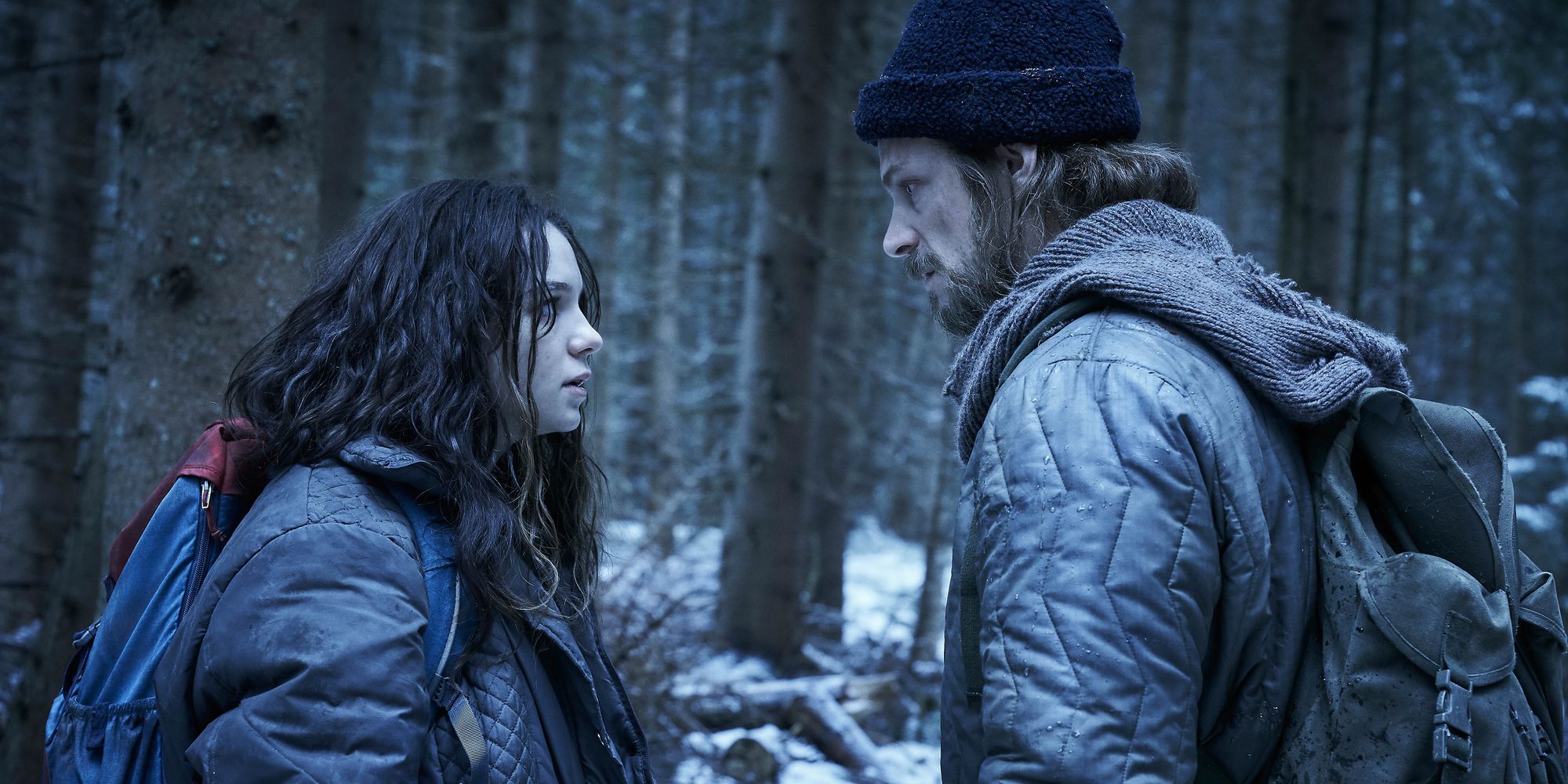
Had you seen the film before hand?
Esme Creed Miles: Yeah! I loved the film! I must have been eleven or twelve when it came out. It’s awesome, yeah. I was auditioning for different things, but when I got this, I said, “Oh, wait a minute, is that? Cool, that would be awesome!” So yeah, I think that was a bonus for me because it was such a cool story already and such an exciting thing to reinterpret that. And Saoirse is an amazing actress who really has inspired me as a young woman. That was really cool, yeah.
I guess this is a classic question, but do you look to the film to inform your performance, ever? Or do you cast it aside to make it your own?
Esme Creed Miles: No. I think it would almost be harder and slightly disrespectful to their artistry. For me, I didn’t re-watch it beforehand. I’m a very instinctual person, I just like to trust myself, and I didn’t really contrive anything with regards to the performance. I would just learn the lines and see what happened on the day.
David Farr: That was a general rule for the thing. Mireille Enos, who plays Marisa, has never seen the film. I think that’s good, because that role, for example, we wanted to go completely different. We wanted to start really quiet, a normal woman who thinks she’s got her life back and everything’s fine, and then, out of the forest comes her past, essentially in the form of this young woman. I think, for Mireille, it really helped to go, “This is the script, here, I have these seven hours of scripts.” Like a play, you get your script and you do it. The fact that someone else may have done that production in a completely different way in a different town, whatever, it doesn’t matter at all, it’s the same approach.
Backstory elements like we were just talking about, that are in the show and aren’t necessarily in the film, were those always in your mind for the film?
David Farr: Yes. That’s the interesting thing. There’s not much, if I was to be honest – there’s a little bit – but there’s not much in terms of that part that wasn’t in the imagination of the conception of what it originally was. But, just as I explained, it just wasn’t possible to do everything in that hour and forty minutes. That bit was kind of there, but what came out and surprised me in the writing were the character developments, particularly between the two young women, the Hanna and Sophie relationship, the girl she meets in episode two. That was the thing, when I started writing, that I thought, “I’m enjoying this a lot,” which means this is rich terrain, they just work. Still, my favorite scene pretty much in the whole thing is the moment they’re meeting in the desert. I just really love the way Sarah Adina Smith directed it. I love the costume choices, I just love that moment. For me, that’s the series. It’s a very simple scene, but it tells you everything you need to know.
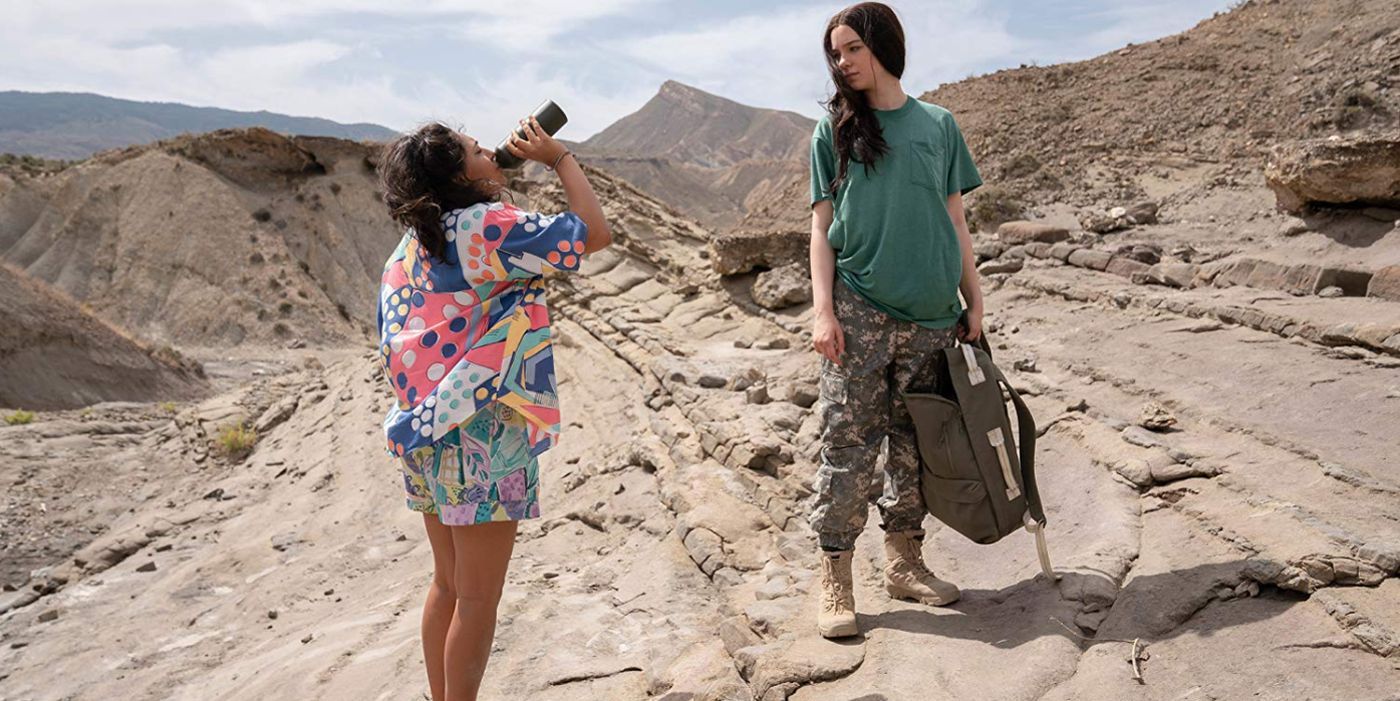
That whole episode is incredible, episode two is probably my favorite of the ones I’ve seen so far. I have one last question. You built this show from the ground up . You wrote every episode except for episode five. Could you talk a little bit, without spoiling anything, why there was a need for that episode to have another hand on it?
David Farr: Originally, there were going to be two other writers. And then, my dear friend Mika, who’s very talented, got a whole show of her own. And she apologized most profusely. By that point, I thought, it would be a bit crazy to try and find someone else. It wasn’t the plan to only have one, the plan was to have two. Ingeborg is a wonderful Danish screenwriter who works mainly in Danish cinema. She has an unbelievable sense of character, and I was just keen, A, to have a break, and also to… She’s a young woman, and we were very aware, I think, all of us, and this is a difficult area to talk about, but I thought the film was, in some way, quite a male film, it’s got a lot of “Joe” sort of energy. I thought, there’s a way in which, perhaps, with Hanna, you could be more through her and with her all the time, rather than celebrating her but slightly more from a distance, if that makes sense. And that’s a very subtle, instinctive thing that’s hard to unpack, but I think Sarah does that very very well in episodes one and two, for example, and Esme’s performance has got this wonderful, quiet intensity. It’s not showy. I think Ingeborg’s writing is the same. That episode happens to be a very emotional, quite quiet episode of recovery. It’s difficult to talk about without spoiling the story, but Hanna’s recovering from something. I think she wrote it with such a lovely sensitivity. It was really nice to… I think it might have been one of the first things she wrote in English. That was quite… Her English is fantastic, but it was nice to give her that opportunity and she’s a brilliant writer.
More: Hanna TV Review
Hanna premieres March 29 on Amazon Prime.
